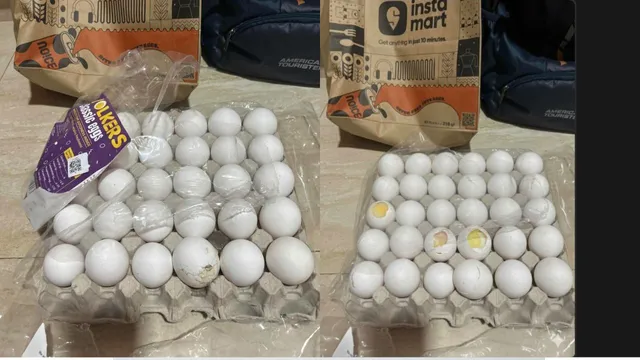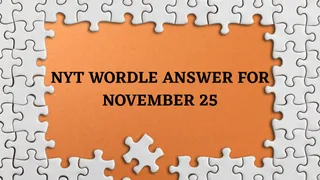- By Shailvee Tiwari
- Tue, 25 Nov 2025 06:40 PM (IST)
- Source:JND
Viral Post: A worrying new trend is spreading across social media, and it’s hitting companies’ wallets hard. People are now using AI tools to fake damaged products in photos to claim full refunds and the images are so realistic that some platforms are actually falling for them. One recent example was shared on X by Kapilansh, who explained how a customer allegedly tricked Swiggy Instamart with AI-edited images. The order involved a tray of eggs, where only one egg was actually cracked. Instead of showing the real photo, the customer used Gemini Nano to make it look like nearly the entire tray was broken.
In the post, Kapilansh described the process: the customer typed “apply more cracks” into the AI tool, and in seconds, a single cracked egg became a tray full of broken eggs, flawless and almost impossible to tell apart from reality. According to the post, customer support saw the edited 'proof,' issued a full refund, and moved on. The post added that this situation exposes a major flaw: “Our refund systems were built for a world where photos were trustworthy. But now they’re up against 2025-level AI, and they’re getting absolutely destroyed. If even 1% of people start doing this, quick-commerce unit economics won’t just suffer, they’ll implode.”
The post concluded by pointing out, "AI isn’t the villain here. The real problem is verification systems stuck in the past. Welcome to the era of AI vs AI."
ALSO READ: Viral Video: Pitbull Drags And Bites 6-Year-Old Boy In Delhi; Internet Expresses Shock And Anger
Watch The Viral Post Here:
Someone ordered eggs on Instamart and only one came cracked.
— kapilansh (@kapilansh_twt) November 24, 2025
Instead of just reporting it, they opened Gemini Nano and literally typed:
“apply more cracks.”
In a few seconds, AI turned that tray into 20+ cracked eggs — flawless, realistic, impossible to distinguish.
Support… pic.twitter.com/PnkNuG2Qt3
Since then, the post has gone viral on X and other platforms. Many users have criticised this kind of behaviour, calling it dishonest, harmful, and a warning that companies will need smarter verification methods to stop such AI-driven scams. One user wrote, "What else can you expect from a low-trust society? No wonder everyone in the world hates us, even we hate our own. Chutiya country, chutiya people for a reason."
"AI-generated photos have a digital signature that can be tracked and identified and I am not talking about a logo. My guess is that at some point, Gemini will also have an enterprise API to identify and weed out AI-generated images. What I am not clear about is if different tech companies will share the technology required to read this signature with each other," a second user wrote.
Recommended For You
"Google-generated AI images use SynthID and you can upload to Gemini to check whether it's AI-generated or not. Every e-commerce and q-commerce platform will have to integrate it sooner," wrote a third user. "We need to build an image detection product. So agencies can check whether the image is original or AI-generated. How is the idea?" added a fourth user.





